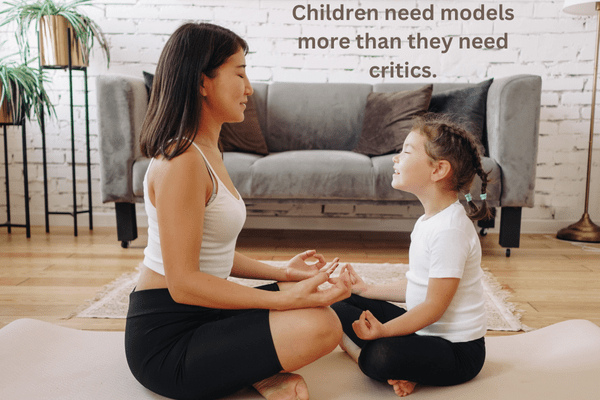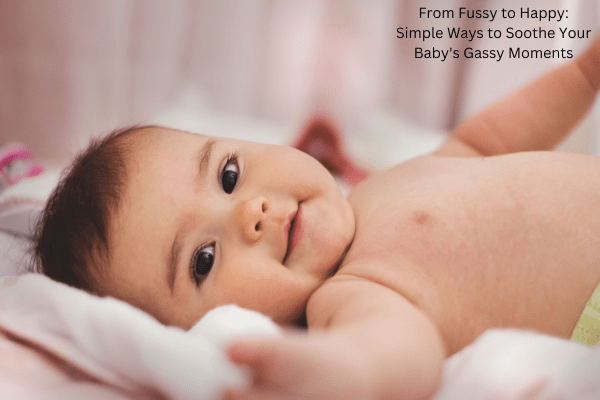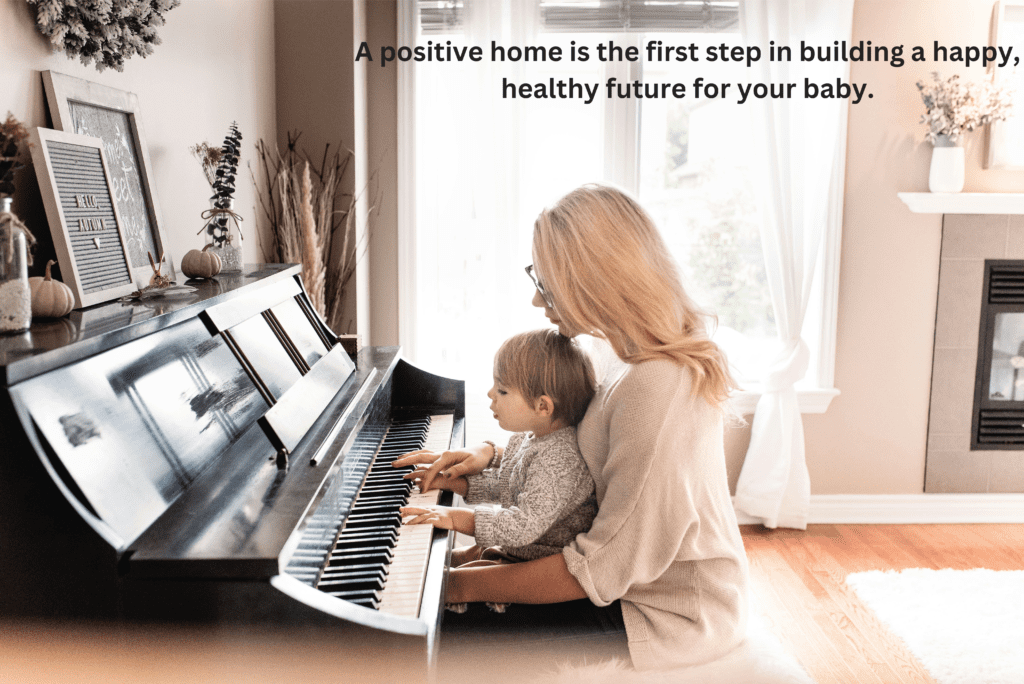Introduction: What Is Happy Parenting?
Happy parenting is about more than just raising happy children; it’s about creating an environment where joy, love, and positive energy thrive. It’s the practice of nurturing your child’s emotional and physical well-being while maintaining a balance in your own life as a parent. Raising a child could be difficult but at the same time it’s the source of happiness when your child do something or speak something which is beyond your expectations. This gives you pleasure and happiness and keeps you motivated for being a good parent who foster all the rules yet calm and supporting all the time when a child needs it. Happy parenting isn’t about being perfect; it’s about being present, showing love, and fostering a connection that helps both you and your child grow together. There are always being differences between child and parents but to handle them sensitively and empathetically is the key that will make the parenting journey more insightful as well as cheerful. In this post, we’ll explore how you can embrace happy parenting and bring more joy into your family’s life.
The Key Pillars of Happy Parenting
Happy parenting is built on a few key pillars: love, communication, respect, and patience.
Love is the foundation of happy parenting. Showing unconditional love to your child helps them feel secure and valued.
Communication involves not just talking but actively listening to your child. Open, honest dialogue strengthens your bond and helps resolve conflicts peacefully
Respect is crucial for building a trusting relationship. By respecting your child’s individuality and feelings, you foster a sense of mutual understanding.
Patience is perhaps the most challenging pillar, but it’s essential. Parenting can be tough, and patience helps you stay calm and positive, even during difficult moments.
These pillars create a strong, supportive environment where both parents and children can thrive.
Creating a Positive and Loving Home Environment
A positive home environment is the heart of happy parenting. It’s about creating a space where everyone feels loved, respected, and safe. Simple actions like having family meals together, expressing gratitude, and maintaining a routine can make a big difference. Encouraging open communication and showing appreciation for each other’s efforts builds a supportive atmosphere. Remember, a loving home is one where children feel comfortable expressing themselves and know they are valued members of the family.
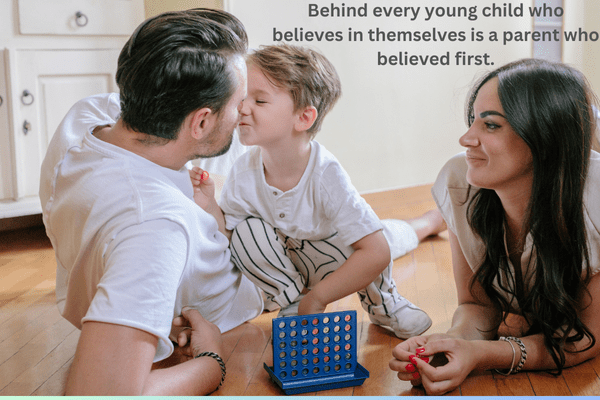
Balancing Discipline with Affection
Discipline is necessary for guiding your child, but it should always be balanced with affection. Happy parenting means setting boundaries with love. Instead of harsh punishments, focus on positive reinforcement and natural consequences. When children understand that rules are in place to protect them and that their parents discipline them out of love, they are more likely to respect those boundaries. Discipline should be consistent but also flexible, allowing for understanding and compassion when things go wrong.
The Role of Play and Fun in Happy Parenting
Play and fun are essential components of happy parenting. Engaging in playful activities with your children not only strengthens your bond but also helps them develop socially, emotionally, and cognitively. Whether it’s playing games, reading stories, or simply being silly together, these moments of joy create lasting memories and a strong connection. Play also provides an opportunity for children to learn important life skills like cooperation, problem-solving, and creativity in a relaxed and enjoyable way.
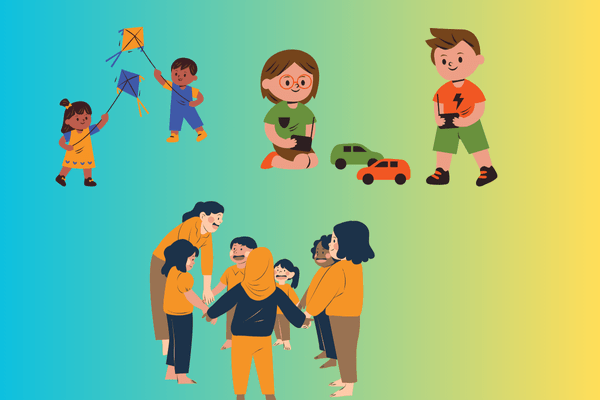
Handling Stress and Challenges in Parenting
Parenting is rewarding, but it also comes with its fair share of stress and challenges. The key to happy parenting is learning how to manage these moments without letting them overshadow the joy of raising your children. My 2.8 yr old kid says every time that she doesn’t want to go to school basically that is a play group. At one moment I feel bad that how should I make things more lighter for my baby to adjust in school happily at the same time I feel happy that my kid’s mind is so much developed that she is making excuses to not go to school so early which I think when we are younger even don’t know about. At this moment I feel mixed of feelings and keeps me motivated to do good things for her and be patient with her when she has unusual expectations and tantrums are on the way. Positive parenting is an art which give a parent self control lesson and it makes them learn to how to manage their own anger and help the child to get through his mood swings and help her to soothe and calm down. It’s important to acknowledge your feelings and seek support when needed, whether from a partner, friends, or a professional. Practicing mindfulness, staying organised, and setting realistic expectations can help you navigate the ups and downs of parenting.
Sometimes there is disagreements in family with spouse or other family members. How a child react to these situations. Their Reaction is based on what they interpret from the conversation or so called fight. There is a moment of fire when this anger or some disagreements happened people who are arguing doesn’t realise that they are creating a very unpleasant and unhealthy environment for that child who is silently observing every thing. This can create stress and long term affect on their innocent brains. So It is very important to keep ourselves calm and present in the situation I will write about this in detail in another blog. Remember, it’s okay to have tough days what matters is how you handle them and bounce back.
The Long-Term Benefits of Happy Parenting
Happy parenting has profound long-term benefits for both parents and children. Children raised in a positive, loving environment tend to be more confident, resilient, and emotionally secure. They learn to approach life with optimism and are better equipped to handle challenges. For parents, happy parenting leads to a more fulfilling and less stressful parenting experience. It also strengthens the parent-child relationship, creating a lasting bond that continues to grow even as children become adults.
Real-Life Examples of Happy Parenting
Real-life examples of happy parenting can be found in everyday moments. It’s in the mother who takes time to listen to her child’s worries, the father who joins in on a spontaneous dance party, or the parents who create a tradition of weekly family game nights. These examples show that happy parenting isn’t about grand gestures; it’s about being present, showing love, and creating positive experiences. Sharing these moments with your child, no matter how small, helps build a foundation of happiness and trust.

